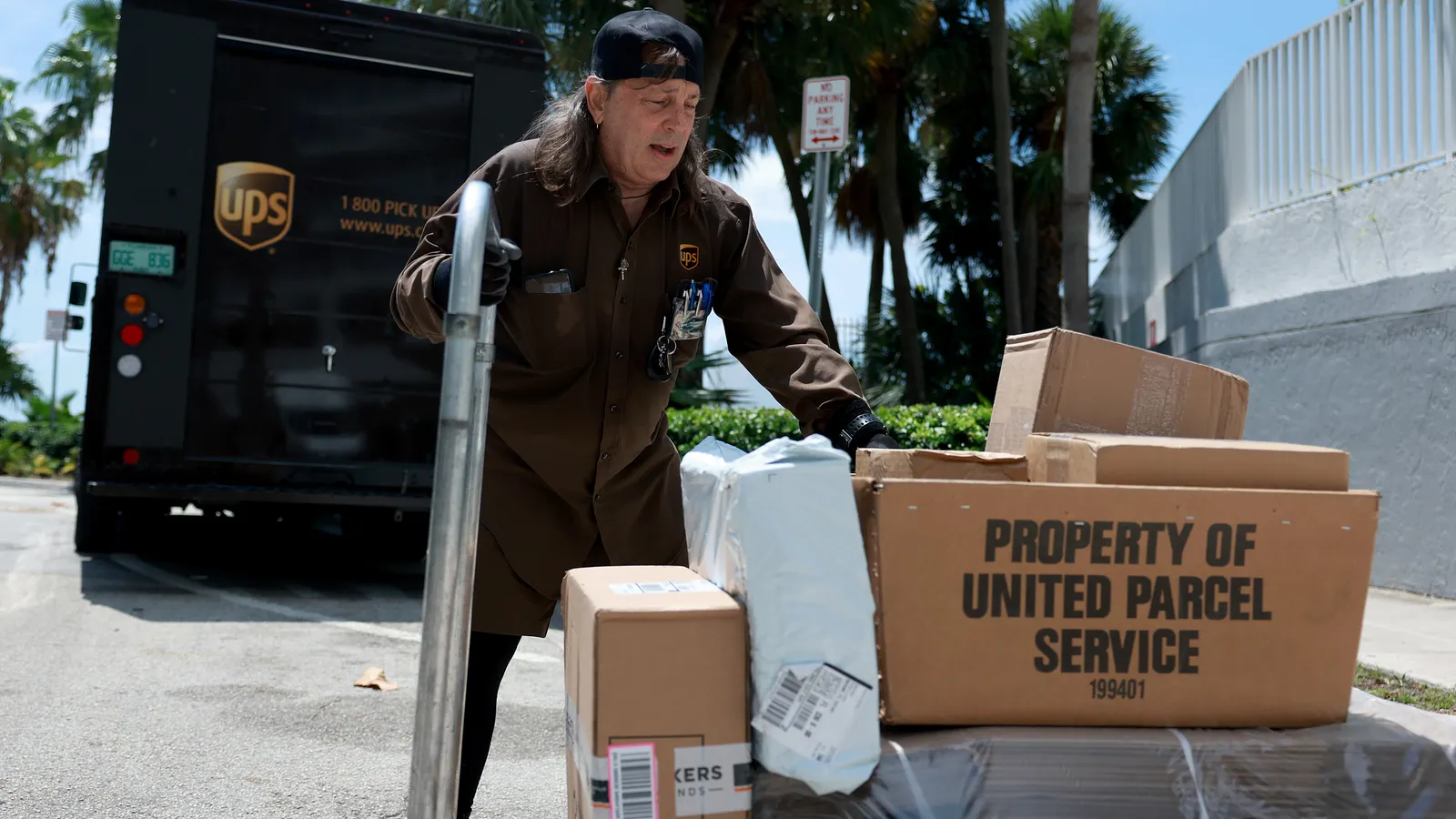Understanding the Buyout Program
UPS has introduced an innovative voluntary buyout program aimed at streamlining its operations—a move that’s certainly not a dime a dozen in the logistics world. Aimless costs need cutting, and overcoming challenges related to employee retention is at the forefront of UPS’s initiatives.
Key Details of the Buyout Offering
Under this scheme, full-time U.S. drivers have the right to opt for a voluntary buyout that guarantees a minimum payout of $10.000.
The essence of the program is to provide an attractive way out for those considering retirement or reevaluating their careers, with a payout structure of $1,800 per year of service.
As UPS executives noted during an earnings call, interest in the buyout program aligns with the company’s expectations, a glimmer of hope as they face the challenge of managing operational costs effectively.
The target audience for this buyout includes drivers who are at the higher end of the pay scale—many with 25 to 40 years of dedicated service.
The Need for Streamlining Operations
Every business, especially in the logistics sector, knows the ongoing challenge of overhead costs. To speed up attrition and facilitate an efficient workforce, UPS finds itself in the constant necessity of evolving strategies.
As they look to shrink unnecessary expenses, the company confirmed that it has consolidated 74 buildings this year alone to reduce excess capacity, particularly in response to dwindling demand, such as lower anticipated volumes from major clients.
Understanding Employee Choices
While some drivers find the buyout tempting, others might see their long-term commitment yield better rewards in the end. Participating drivers are expected to transition out of the company by the end of August.
As mentioned by UPS CEO Carol Tomé, this buyout creates an excellent option for those wishing to gracefully exit the workforce while being compensated adequately. However, it’s crucial that employees consider how this change aligns with their financial and personal goals.
Mögliche Auswirkungen auf die Logistik
While the buyout program is tailored to meet UPS’s unique operational challenges, it also reflects broader trends within the logistics industry. Companies in logistics are increasingly compelled to simplify and optimize operations to meet both those labor market pressures and the demands of efficiency.
This development emphasizes the necessity for logistics companies to constantly reevaluate not just their workforce strategies, but to look at the ripple effect these types of decisions have on distribution capabilities, customer service, and overall industry competitiveness.
Reaktionen der Industrie
Interestingly, reactions to the buyout initiative have been mixed. The International Brotherhood of Teamsters, a labor union representing UPS employees, has advised its members to reject the buyout offers. Union leadership has expressed concern regarding potential job losses and the impact of this decision on employee morale.
Teamsters General President Sean O’Brien stated their intent to oppose UPS with all available resources, indicating that the buyout might ignite significant operational challenges.
Company Profitability Goals
UPS aims to achieve $3.5 billion in expense reductions for the year, a goal that echoes throughout the corporation. The buyout program can significantly aid in hitting these fiscal benchmarks, especially as unions raise their voices against it.
As the logistics landscape grows increasingly complex, it’s critical for companies like UPS to adapt in ways that align labor forces, technological advancements, and cost management through programs that can actually pave the way for financial resilience.
The Future of Driver Buyout Programs
As UPS sets a remarkable precedent with this voluntary buyout, a question looms: how will other logistics companies respond? Will they follow suit or chart a different course when it comes to employee attrition and operational costs?
As the industry grapples with labor shortages and the eagerness to streamline workforce operations, we are likely to witness a mix of innovative strategies ranging from enhanced training programs to alternative engagement methods for retaining talent.
Schlussfolgerung
In summation, UPS’s voluntary buyout program isn’t simply an isolated event; it’s a reflection of ongoing shifts in the logistics sector that prioritize strategic cost reductions and employee management. Whether it’s through buyouts or new hiring practices, it remains crucial for logistics organizations to adapt, keeping pace with a world where costs, technology, and workforce dynamics continuously evolve. As such, keeping an eye on platforms like GetTransport.com can offer insights into how diverse strategies impact not just operations, but also the broader logistics landscape where timely delivery and efficient service remain the ultimate goals. For your next cargo transportation needs, remember, GetTransport.com is your go-to resource for affordable, reliable options that simplify logistics challenges and meet your diverse needs. Book your Ride with GetTransport.com.

 UPS startet Abfindungsprogramm für Fahrer, um die Effizienz zu steigern">
UPS startet Abfindungsprogramm für Fahrer, um die Effizienz zu steigern">